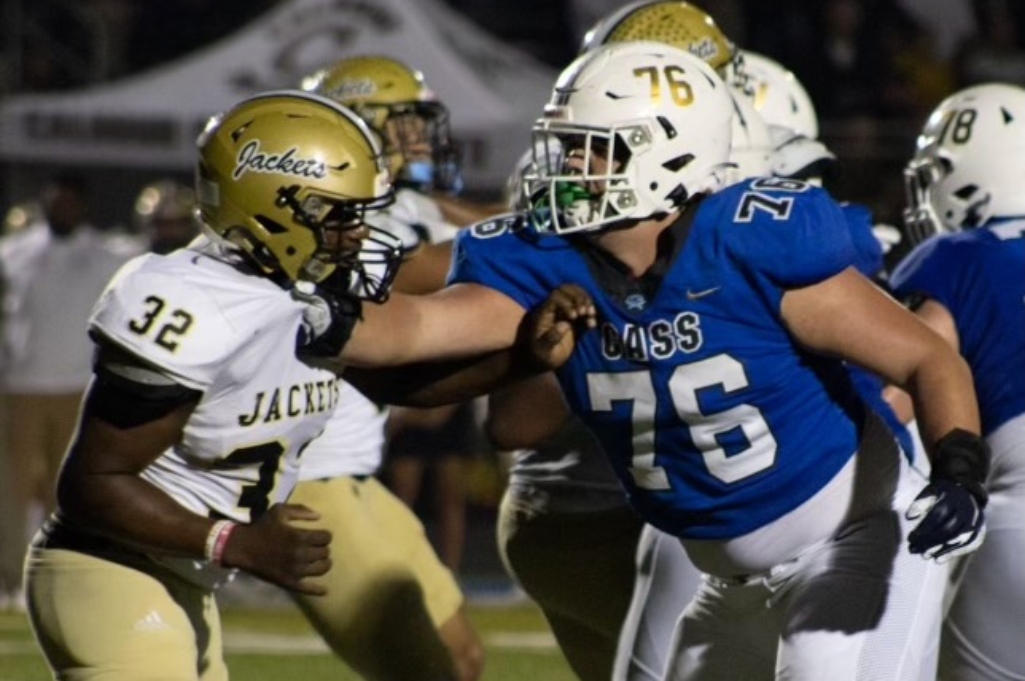A federal appeals court decision in support of a Christian adoption agency has garnered excellent reviews from religious freedom advocates.
The Second Circuit Court of Appeals in New York City reversed July 21 a federal court opinion that would have required New Hope Family Services to shut down if it maintained its policy of refusing to place children in the homes of same-sex and unmarried couples. The appeals court returned the case to the lower court and kept in place its November 2019 decision that blocked enforcement of that court’s ruling.
New Hope Family Services – a privately funded ministry in Syracuse, N.Y., that believes marriage is only between a man and a woman and places children for adoption and foster care – sued the New York State Office of Children and Family Services (OCFS) after the government agency ruled New Hope’s child-placement policy was discriminatory and must be changed for it to continue to operate. New Hope refers same-sex and unmarried couples seeking to adopt to other agencies.
Russell Moore, president of the Southern Baptist Ethics & Religious Liberty Commission (ERLC), called the Second Circuit decision “right and just.”
“Those who disagree with the beliefs of those caring for children have every freedom in the world to build institutions to help children and families,” Moore said in written comments. “What they shouldn’t have the freedom to do is to drive out those who are there now, standing and serving, because of their beliefs.”
Alliance Defending Freedom (ADF), which represents New Hope in the case, applauded the Second Circuit ruling.
“New Hope’s faith-based services do nothing to interfere with other adoption providers, but banishing it means fewer kids will find permanent homes, fewer adoptive parents will ever welcome their new child, and fewer birth parents will enjoy the exceptional support that New Hope has offered for decades,” said John Bursch, ADF’s vice president of appellate advocacy, who added:
“Government officials are not being neutral when they single out religious organizations for hostile treatment based on their beliefs about marriage. That’s a flagrant violation of the U.S. Constitution.”
The Second Circuit’s opinion is the latest act in the ongoing clash between the religious liberty of faith-based adoption agencies and the rights of lesbian, gay, bisexual and transgender (LGBT) people.
The U.S. Supreme Court is expected to weigh in on the intersection of religious liberty and same-sex marriage in foster care and adoption during its next term, which begins in October. The justices agreed in February to review a Third Circuit Court of Appeals ruling that the city of Philadelphia did not violate religious freedom by halting referrals to Catholic Social Services because the agency does not place children in the homes of same-sex couples.
Faith-based entities, according to Moore, “are at the forefront of caring for” children who need adoption or foster care.
“That should be no surprise as Jesus commands us to receive the little children, to rescue the perishing, and to care for the dying,” Moore said. “In recent years, those caring for the most vulnerable children have been subjected to legal harassment, all because they will not give up the very religious motivations which drive them to serve in the first place. This is contrary to the free society guaranteed in the First Amendment and has real human costs paid by those who can least afford such a burden: children in need of a home.”
In its opinion, the Second Circuit panel ruled the federal court prematurely dismissed New Hope’s claims that its First Amendment rights of free exercise of religion and free speech were violated by the OCFS. New Hope’s claims raise “a suspicion of religious animosity” by the state, the panel said.
The Supreme Court “has suggested that differing secular and religious views [regarding same-sex marriage] should be allowed to coexist,” the panel’s opinion said. “This is evident from the fact that, at the same time that the Court ruled that the Constitution does not permit government to prohibit same-sex marriage, it ’emphasized that religions, and those who adhere to religious doctrines, may continue to advocate with utmost, sincere conviction that, by divine precepts, same-sex marriage should not be condoned.'”
The ERLC has made a federal solution to the problem for faith-based agencies a priority in its legislative agenda. It has worked for adoption of the Child Welfare Provider Inclusion Act, which would bar government discrimination against adoption agencies and other child welfare entities that refuse to take part in serving in a way that contradicts their beliefs.
The Trump administration issued a proposed rule in November 2019 that would revise an Obama-era regulation that had the effect of prohibiting many evangelical Christian and Roman Catholic organizations from participating in federal child-welfare programs. The regulation affected agencies that believe marriage is only between a man and a woman and therefore decline to place children in the homes of same-sex couples. A final rule has yet to be issued.
(EDITOR’S NOTE – Tom Strode is Washington bureau chief for Baptist Press.)


